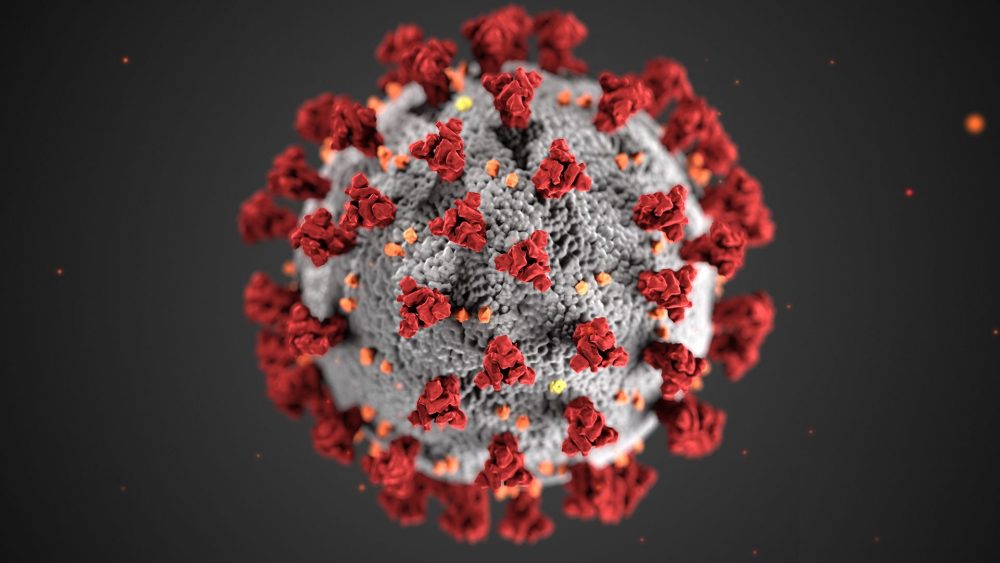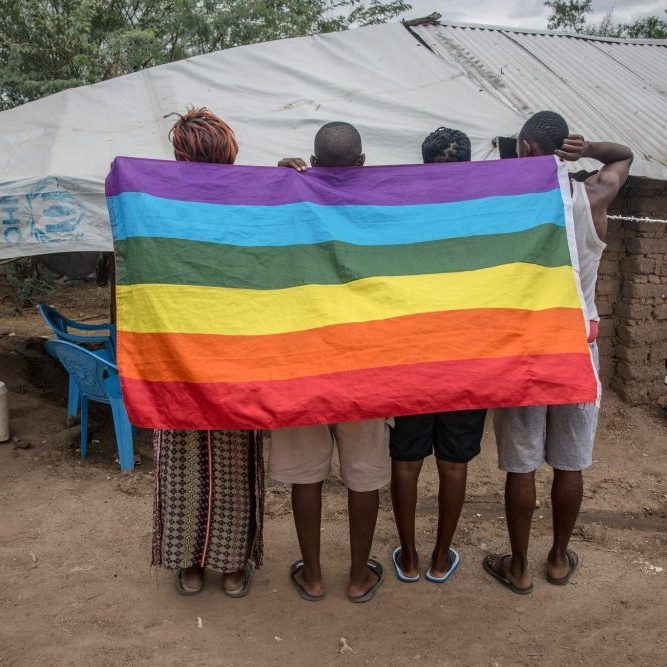 COVID-19 is affecting everyone in society.
COVID-19 is affecting everyone in society.
Understanding how disease outbreaks affect the LGTBQI community is essential to developing inclusive policies. Governments must have diverse representation in decision-making cabinets to combat COVID-19, as that is where they forget about the vulnerability of minorities during quarantine. The pandemic has exposed the dysfunctional welfare systems in all countries.
COVID-19 affects people at the same rate regardless of sexual orientation, and male or female identity, but the number of males who die is higher since there is evidence to show they suffer most from high rates of hypertension, respiratory pathologies and other genetic factors. Even so, women are not immune from acquiring COVID-19 either, they are at an increased risk due to reasons that include gender roles that can result in serious inequalities.
Like women, the LGTBQI community also faces a greater danger of acquiring COVID-19 despite the social achievements made so far.
LGBTQIA women could suffer more health and mental health problems such as anxiety and depression than many other groups during the pandemic due to the stigmatization and invisibility they suffer in most countries. Due to these psychological problems, LGBTQIA people are at greater risk of committing suicide due to stigma and lack of self-acceptance, discrimination, harassment and family rejection that they can experience when being locked up at home without being able to be themselves and isolated from their peers.
In isolation, an LGBTQIA person is more likely to be a victim of sexual abuse than a heterosexual person. It is also possible that in trying to report abuse they may not be taken seriously, due to the return of conservatism in many societies.
As for women, they are at an increased risk due to their involvement in sustaining the household wellbeing and because they take part in most essential work fields or have jobs in nursing, cleaning fields, nursing homes, cashiers, or pharmacists … which place their health at risk. In addition, the closure of educational centres and the increase of telework have returned women to 24-hour homecare.
These conditions place them in a hard position both physically and mentally, since they must care for others without any security or compensation for an indefinite amount of time. If the home keeper was a paid profession, it would represent 9% of world GDP, equivalent to $ 9 trillion, in International Labor Organization figures.
In addition to the risk of infection, many women who work in the underground economy such as household cleaners or prostitutes lack medical or labour coverage. COVID-19 is no longer only a health issue, but a gender inequality problem. This is evident when comparing COVID-19 to the results from the previous pandemics of Severe Acute Respiratory Syndrome (SARS) or Zika.
Many experts raised the flag and warned of the huge gender gaps in the labour market in which most part-time jobs are held by women.
As soon as the quarantine ends, precarious jobs usually held by women will suffer, and societies will consequently see an increase in female unemployment. In addition, for the LGTBQI collective, the economic crisis may offer the perfect excuse to terminate their employment, hiding prejudice and homophobia as reasons.
Another aspect to consider is intra-family violence. Not only is home residence not a place for women to rest, but in many cases, it’s a place of increased risk of violence. There is evidence that at times when there is a higher level of confinement, violence between couples tends to increase exponentially. In the same manner, the ability of women to denounce and seek protection decreases.
The confinement of victims to their abusers can lead to more dangerous situations since the victim can´t escape or ask for help. Many cases of violence against women operate in silence and with impunity. When women are also isolated from their social networks and families, it can result in more complex issues that can increase intra-family violence.
In Latin America, for women and girls, the home remains the most dangerous place. One in three women has reported having suffered physical or sexual violence in a relationship. In Spain, the word Mascarilla19 (mask19) has been designated so that abused women can ask for help in pharmacies without raising suspicions. In addition, awareness campaigns have been created to support the environment of the victim, the family and their neighbourhoods to facilitate reporting the abuse.
In Wuhan, the epicenter of the pandemic, where quarantine lasted two months, there were more reports of physical and sexual abuse than normal. France has set up specific places to welcome women in danger of abuse, perhaps this is a good idea to implement elsewhere.
As in all epidemics, minorities are more subjected to exposure. Pandemics magnify gender inequalities and the LGTBQI community can be the silent and collateral victims of COVID-19.
Hopefully, in the future, governments will adopt economic measures to expand the coverage of minority groups, provide resources to meet care needs and dilute the greater burden of dedication and responsibility that falls on women. In other words, creating a welfare system that increases diversity to include all voices in society.



